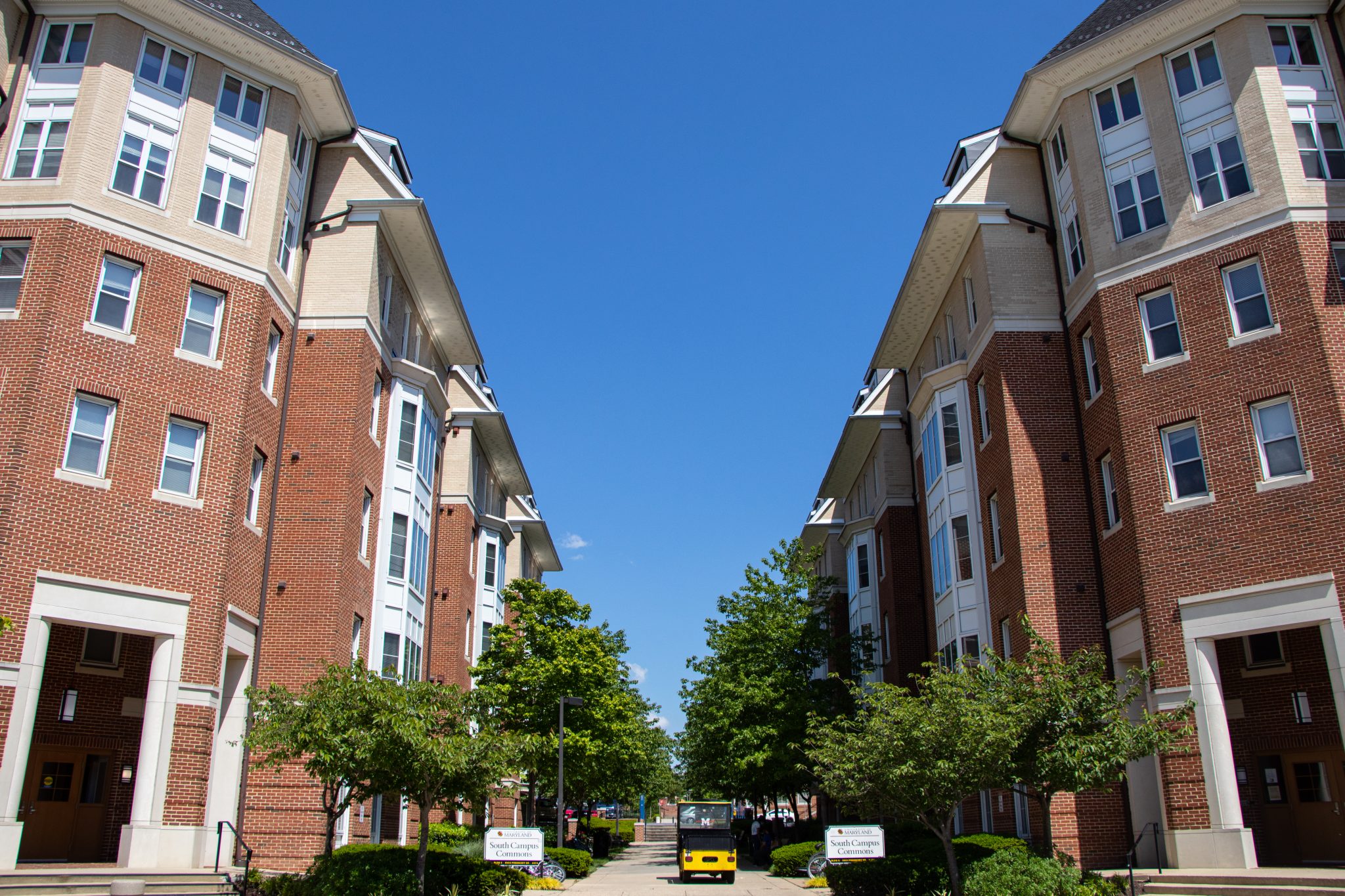Views expressed in opinion columns are the author’s own.
I can personally name several people who had to find new living situations during the middle of the school year. From incompatible living situations to stolen property, and from studying abroad to graduating a semester early or late, there are several — and very common — reasons as to why students don’t want to remain in their housing for the year-long duration of a typical apartment lease.
Granted, we likely can’t petition private businesses to adjust their lease models to appeal to roommate conflicts. However, for the on-campus apartment buildings such as South Campus Commons and Courtyards, the University of Maryland is missing an opportunity to provide students with much-needed flexibility for expected and unexpected changes in their housing situations.
Currently, if a student wants to leave their Commons or Courtyards lease early, they are stuck finding someone else to transfer the remainder of their lease to. It is commonplace to see university students spamming housing Facebook groups in the hopes of finding an eligible person to take over their lease. To get subletters, students often have to make significant concessions, such as flexibility with move-in dates, and in some cases, significantly reducing the rent charge for the subletter. All of this puts families of students at this university into a financial bind, as they have to pay an inordinate amount of money for housing they aren’t using.
An astonishingly clear but somehow overlooked solution to this problem is to start offering semester leases for apartments on the campus. That way, students who graduate in the winter can simply graduate and happily move out of College Park, allowing someone else to move into their apartment. Furthermore, other students — whether from acrimonious relationships with roommates or transferring to this university during a spring semester — could have less of a struggle scrambling to find affordable off-campus housing.
Given there are many winter graduates and an estimated almost 2,000 students leaving to study abroad each year, it’s clear this is not a small, far-fetched problem, but rather one many students will face during their time at this university. Due to this, it is also likely that there is far less demand for these apartments than there is open availability. This is part of the reason why many students each year struggle with trying to find people to sublease their apartments.
However, these risks can be potentially mitigated through semester-based leasing options. This program would likely have to start small, which would mean only designating a few apartment units per complex that operate on a semesterly schedule. This could help the program in its infancy stages and allow the university to get a better idea of the demand for this type of program.
There is also profit potential for the university in implementing a small trial of semester-long leases. Due to the inherent risk assumed by these apartment complexes for offering short-term leases, sellers could potentially charge a higher monthly rent on their shorter leases. This would not only help offset losses generated by taking on the excess risk, but also it could — assuming full occupancy — generate higher revenue for the apartment complexes as a whole. This makes offering at least a few semester leases a win for both the university and its students.
A program like this also opens the conversation about another housing problem in College Park. For this program to be fruitful, this university would likely have to relax its rules on not allowing graduate students to live at Commons and Courtyards. Students often have to turn away potential subletters because of this university’s archaic restrictions on graduate students living with undergraduates. However, with semester leases, it would be unwise and cruel of this university to turn away paying tenants due to these arbitrary rules.
There is one main idea at the root of this entire problem. If there are rooms that sit vacant for an entire semester without generating revenue for whatever reason, then the university should be capitalizing upon the vacancies. Semester leases would provide students more agency in their student housing and potentially increase revenue for the apartment complexes as well.
Regardless of the housing situation, students will continue to graduate during the winter, study abroad, transfer and deal with bad roommates. This university has failed to provide adequate housing agreements that meet the needs of its students. But this does not have to remain the norm. Opening up semester leases, even if just in a few units, is a crucial step this university can take to solve the persistent student housing problems — and maybe help declutter some Facebook feeds along the way.
Ravi Panguluri is a sophomore computer science and statistics major. He can be reached at rpangulu@umd.edu.



